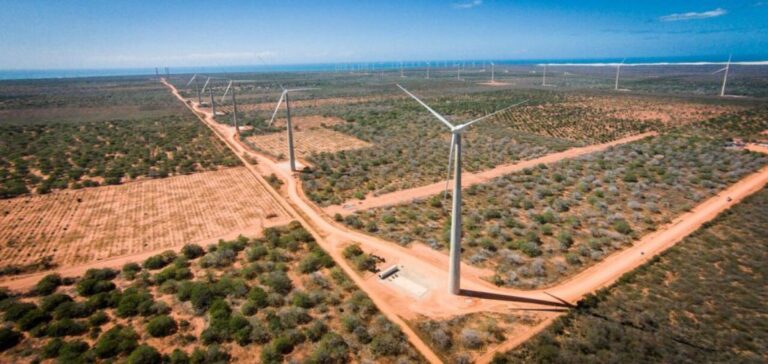At a conference in Houston, Alexandre Silveira spoke of an inescapable energy transition, reinforced by a cultural change. He compared the future of fossil fuels to the recent negative reputation of tobacco. According to him, the younger generation rejects polluting energies, just as they have turned their backs on the tobacco industry.
Brazil’s environmental ambitions
Brazil, a member of OPEC+ since this year and a major producer of renewable energies, is committed to a dual approach. Since Luiz Inacio Lula da Silva returned to power, the country has made significant progress in the fight against illegal deforestation in the Amazon. At the same time, it set new records for oil production. Silveira highlights the role of oil as a source of funding for education, healthcare and the transition to cleaner energy.
World oil demand and Brazil
The Minister pointed out that the majority of Brazil’s oil is destined for export, meeting global demand rather than domestic needs. He noted that this international demand contributes to slowing down Brazil’s energy transition. This situation highlights the complexity of reducing dependence on fossil fuels in a global context. Silveira calls for increased global governance to manage this transition.
Global governance for a just transition
According to Silveira, global governance is needed to facilitate an equitable dialogue between Southern and developed countries. This approach aims to ensure a fairer and more balanced energy transition on a global scale. The Minister highlights the particular challenges faced by developing countries in this process. International collaboration is presented as essential to achieving the objectives of the Paris Agreement.
Petrobras, on the other hand, is at the heart of Brazil’s fossil fuel expansion. Despite this, the country is striving to increase the share of renewable energies in its energy mix, which already represents 47% of its total consumption, well above the global average. However, Petrobras’ planned expansion shows the tensions between economic growth and climate imperatives.






















